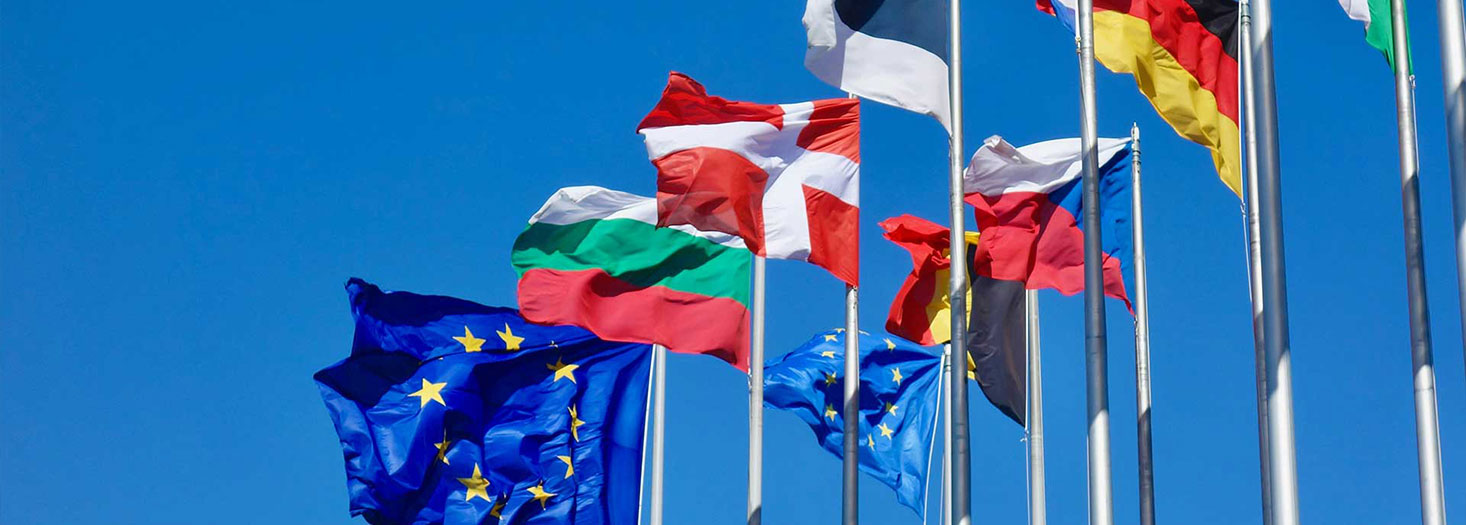At CEU UCH, we see the exchange of knowledge and staff as the key to our internationalization strategy. We have been collaborating with other international institutions in higher education for many years, working to improve innovation in teaching through Erasmus+ K2 projects..
These projects, funded by the European Union through the Spanish government agency SEPIE, enable us to explore new ways of teaching and to transfer innovative practices to the international arena. Check out below the objectives, status and outcomes of some of our current projects:
Aquatechinn 4.0
This project, undertaken by a consortium of 14 European partners in the aquaculture industry, seeks to improve the knowledge and skills of aquaculture professionals and students via the provision of an online learning platform. Once launched, the platform will cover the latest technologies in fish health, welfare, nutrition, reproduction, and shellfish aquaculture. It will also include best practices for sustainable sector management.
The project is funded by the European Union’s ERASMUS+ 2027 Programme, under grant agreement No 101108913, with support from the European Commission.
For more information, go to the Aquatechinn 4.0. website
Global Teachers for a Sustainable Future (GTSF)
With a clear focus on inclusivity and accessibility, the GTSF programme seeks to provide teachers with the tools to carry out collaborative, intercultural and international educational initiatives. The project's objectives include the development of a learning platform, a manual, and a microcredential for the assessment of sustainable development and global citizenship.
The project is coordinated by CEU UCH and forms part of the EU's KA220-HED cooperation partnerships in higher education programme and is supported by the European Commission.
For more information, go to the Global Teachers for a Sustainable Future website.
BecomeGLOCAL
This project, developed in conjunction with universities from across Europe and in Colombia, seeks to establish partnerships with local employers in order to boost employability. Via international courses, language teaching and knowledge transfer, BecomeGLOCAL seeks to provide students with international experience and enable them to take on glocal (global and local) challenges in the job market.
The project forms part of the EU's ERASMUS-EDU-2023-CBHE programme and is supported by the European Commission.
For more information, go to the BecomeGLOCAL website.
Legal Design Thinking and Legal Visualization: Towards Understandable EU Law
This Jean Monnet project explores the use of the design thinking approach in law. The aim is to enable citizens to better understand EU policies, procedures, operations and legislation. The use of certain visualization and structural techniques to present information enables legal information to be more easily understood by the general public, facilitating greater participation and interaction with EU regulations.
The project draws on the expertise of several lecturers from the Faculty of Law, Business and Political Science. It forms part of the EU's Jean Monnet Actions programme and is supported by the European Commission.
Learn more about the objectives, approach and outcomes here.
Digital transformation of Tax Administrations in the EU
This project seeks to examine the use and implementation of new technologies by tax authorities in the EU. Through an in-depth study of their technical features, their differences and the opportunities they provide, the project will attempt to determine how the internet of things (IoT) and new online platforms have impacted taxation systems.
It forms part of the EU's Jean Monnet Actions and is supported by the European Commission.
Learn more about the project’s objectives, stages and outcomes here.


